Article not found
This article is no longer available. But don't worry—we've gathered other articles that discuss the same topic.
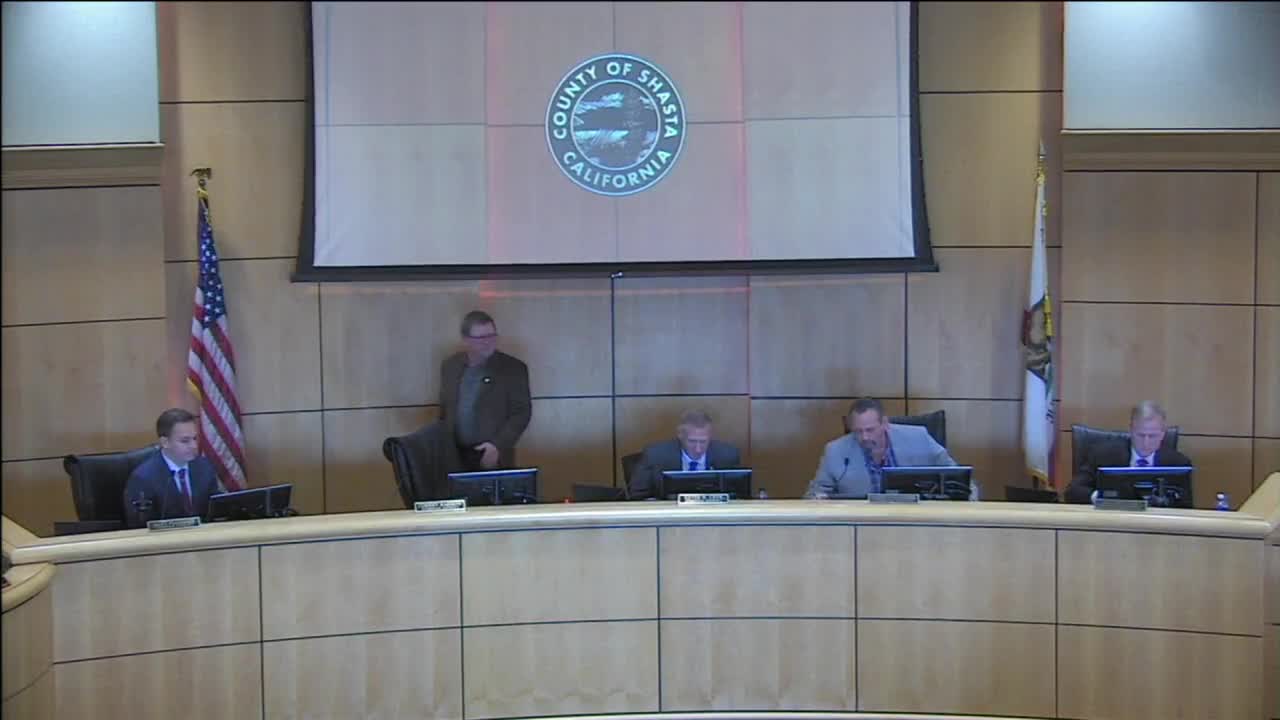
Votes at a glance: Key outcomes from the March 18 Shasta County Board of Supervisors meeting
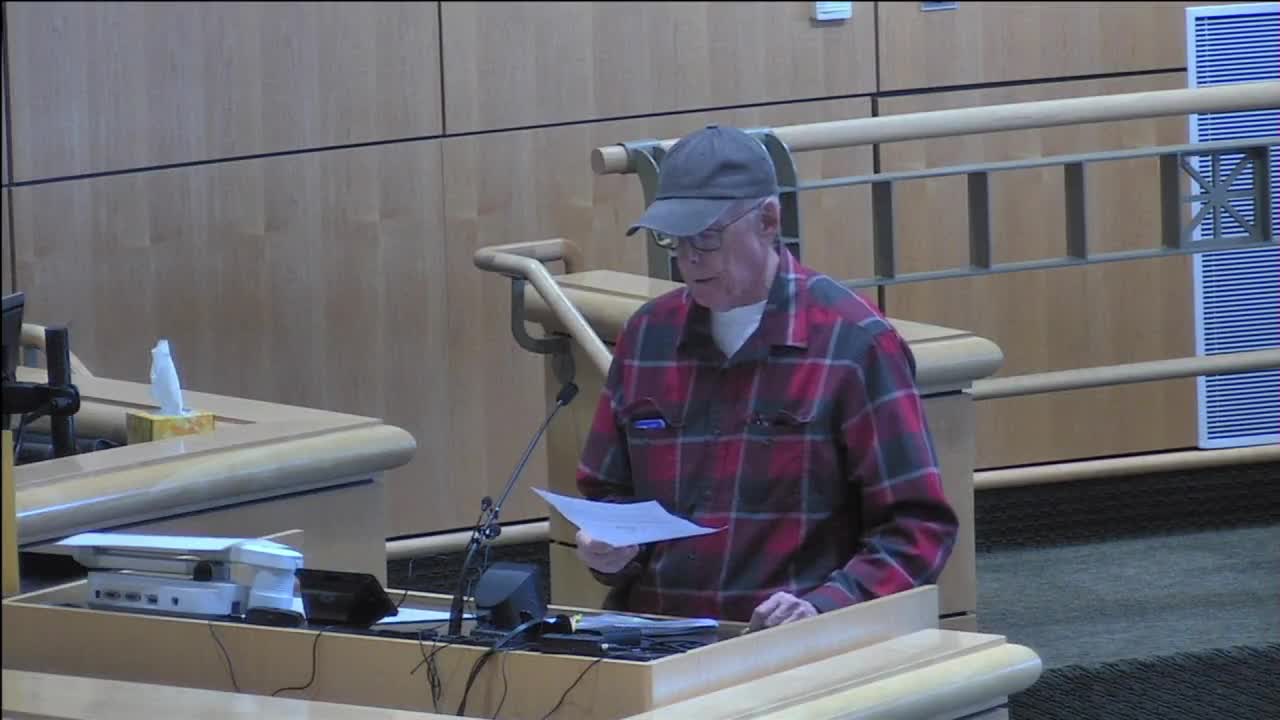
Public comment centers on election‑integrity charter amendment and county litigation; board reports closed‑session initiation of litigation
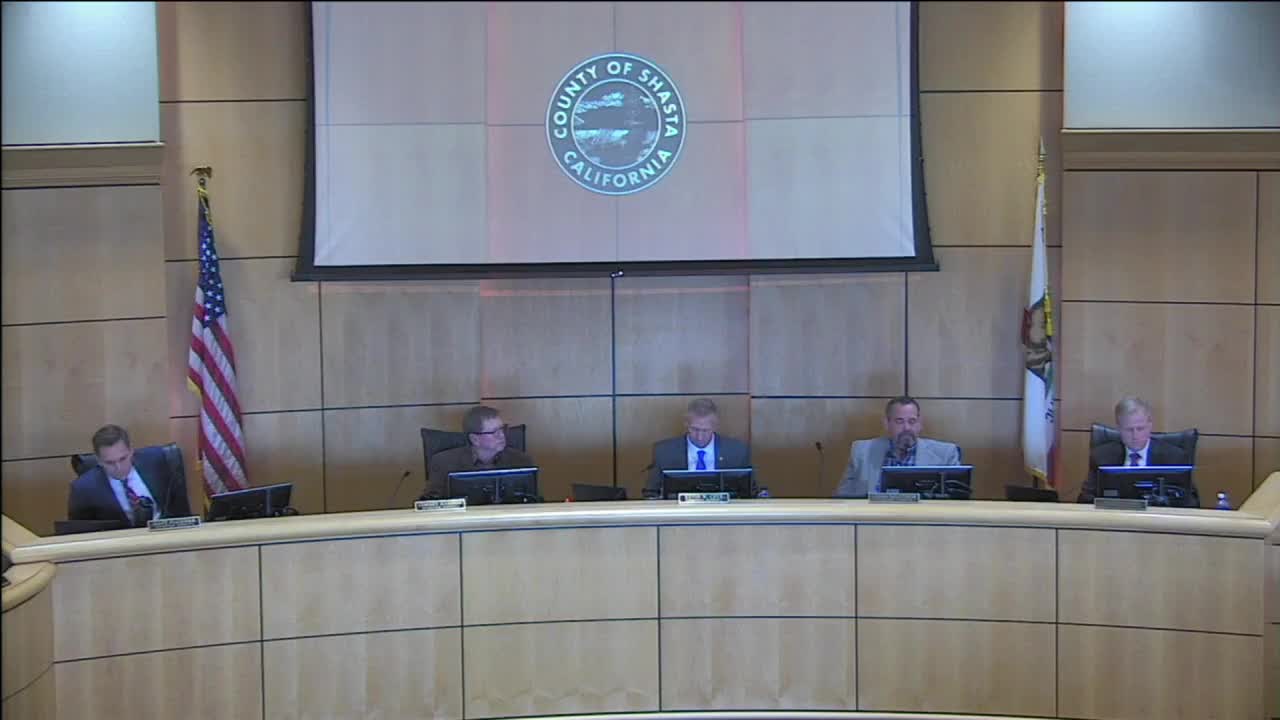
Shasta County tightens speaker‑card rules, moves future meetings and votes to start board sessions earlier
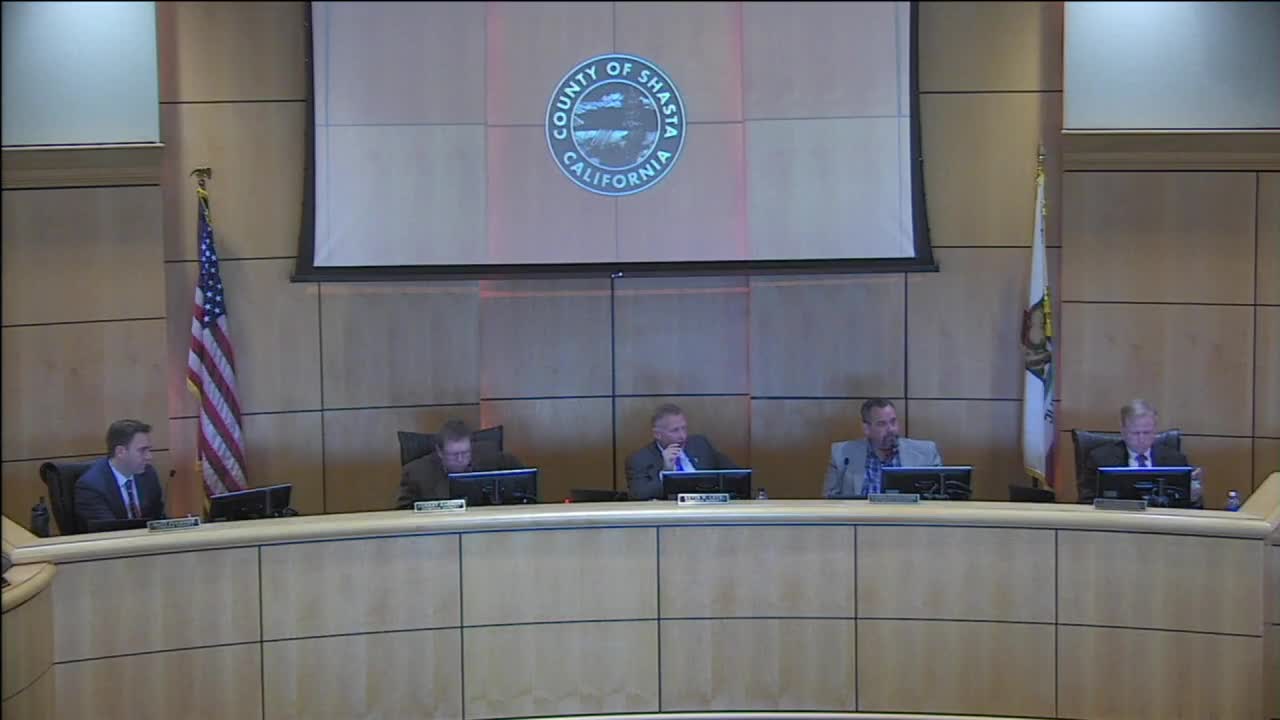
Board authorizes up to $10.5 million in general‑fund support to cover Social Services cash‑flow gap
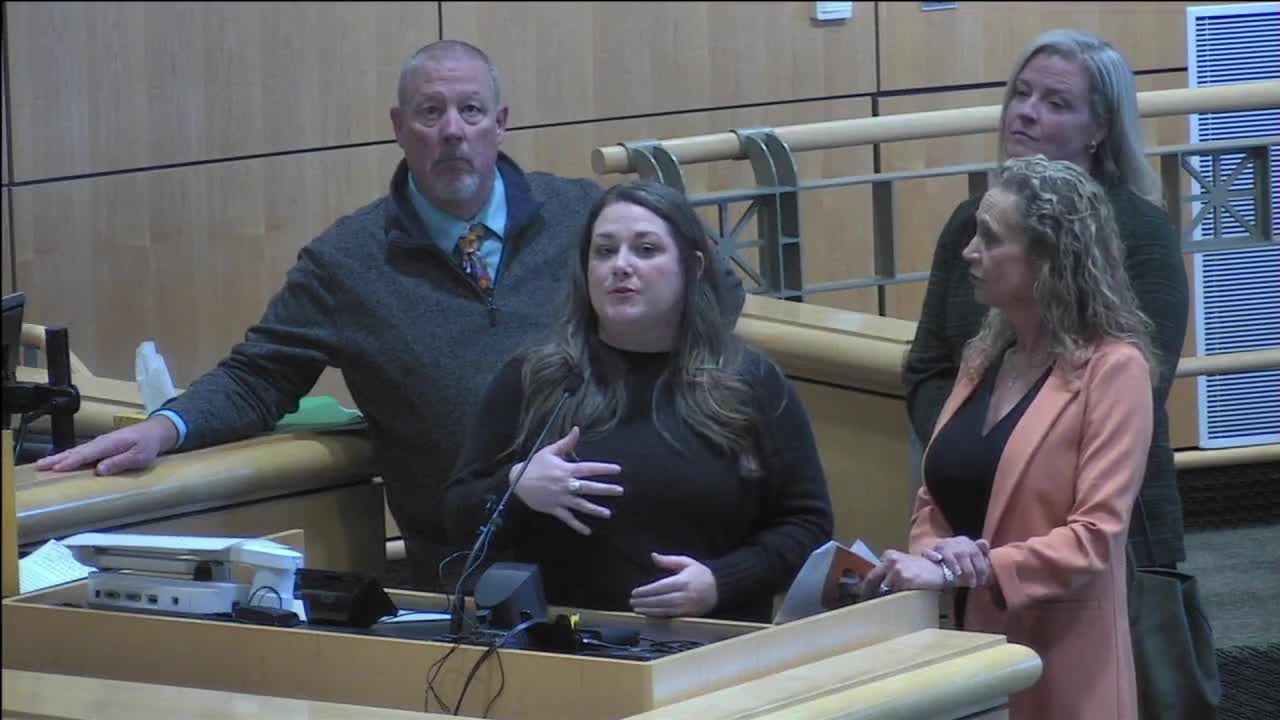
Board approves demolition of old Shasta County courthouse, keeps options for future park or parking

